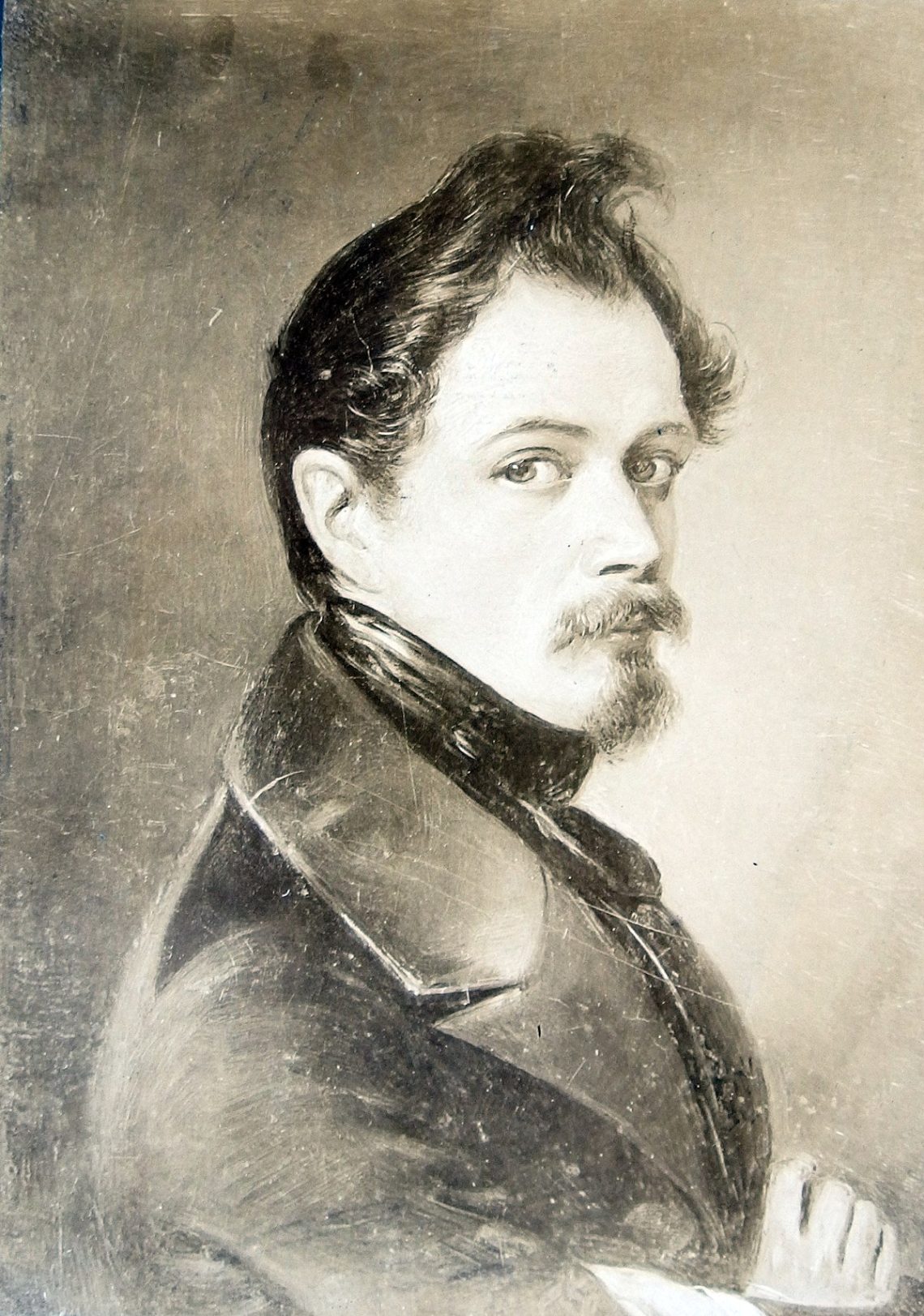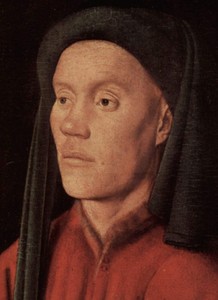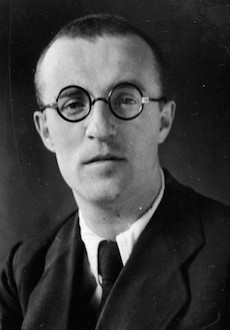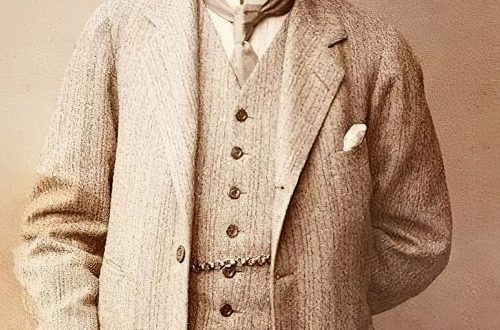
Adolf Lvovich Henselt (Adolf von Henselt) |
Adolf von Henselt
Russian pianist, teacher, composer. German by nationality. He studied piano with I. N. Hummel (Weimar), music theory and composition – with Z. Zechter (Vienna). In 1836 he began concert activity in Berlin. From 1838 he lived in St. Petersburg, mainly teaching the piano (among his students were V. V. Stasov, I. F. Neilisov, N. S. Zverev). From 1857 he was an inspector of music for women’s educational institutions. In 1872-75 he edited the music magazine “Nuvellist”. In 1887-88 professor at the St. Petersburg Conservatory.
M. A. Balakirev, R. Schumann, F. Liszt and others highly valued Henselt’s playing and considered him an outstanding pianist. Despite some conservatism of the technical methods underlying his pianism (immobility of the hand), Henselt’s playing was distinguished by an unusually soft touch, legato perfection, fine polishing of passages, and exceptional skill in areas of technique that require great stretching of the fingers. Favorite pieces in his pianistic repertoire were works by K. M. Weber, F. Chopin, F. Liszt.
Henselt is the author of many piano pieces distinguished by melody, grace, good taste, and excellent piano texture. Some of them were included in the concert repertoire of outstanding pianists, including A. G. Rubinshtein.
The best of Henselt’s compositions: the first two parts of the concerto for piano. with orc. (op. 16), 12 “concert studies” (op. 2; No 6 – “If I were a bird, I would fly to you” – the most popular of Henselt’s plays; also available in L. Godowsky’s arr.), 12 “salon studies “(op. 5). Henselt also wrote concert transcriptions of opera and orchestral works. Piano arrangements of Russian folk songs and works by Russian composers (M. I. Glinka, P. I. Tchaikovsky, A. S. Dargomyzhsky, M. Yu. Vielgorsky and others) stand out especially.
Henselt’s works retained their significance only for pedagogy (in particular, for the development of the technique of widely spaced arpeggios). Henselt edited the piano works of Weber, Chopin, Liszt, and others, and also compiled a guide for music teachers: “Based on many years of experience, rules for teaching piano playing” (St. Petersburg, 1868).





